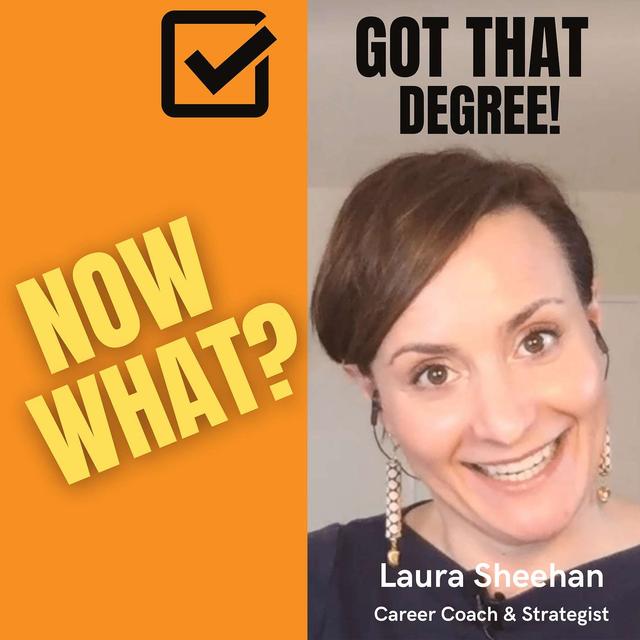First of all, how did you decide to go into law to begin with
right. Well, this is, I mean, I guess we all have our funny stories. My parents were very, um, career oriented and very logical in the, in the steps that they took for their professional development. My father was a chemical engineer and my mother, a nurse. And when I went to college, my freshman advisor. I had, uh, I had my first meeting with him and he said, Laura, what do you want to study? And I said, gosh, you know, I just, I have no idea.
I know that I'm supposed to go to college and get this four year degree and figure things out while I'm here. But in terms of what I want to study, I really do. I don't know. He said, you know what? That's okay. It's no problem that you don't have a, you know, a full focus yet. The biggest thing that you need to keep in mind is that you need to take way three main skills from your time here in college. One is writing. Second is analytical.
Uh, being able to analyze or having analytical skills and having critical thinking skills. I said super well with those guidelines. I think I'll study philosophy.
Yeah.
And so my parents, yeah. My parents said,
okay, you know? Sure. But as like closer
to graduation time, they really tried to pin me down and say, well, now what, what are you going to do with this four year degree in philosophy? How are you going to take care of yourself and potentially your own family as you get older? And the next logical step to me was law school to build on that Socratic method of study and to find different ways, uh, lucrative ways potentially of being able to help people and also to help myself in my own career progression at that time.
So off to law school, I went.
